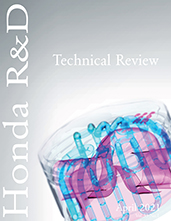Training / Education
Smart Mobility in Smart Cities
This course enables transportation professionals to optimize smart mobility for maximum return within smart cities. It offers a structured introduction to the subjects and makes use of real-life examples, local government, technology solution providers, and consulting. The course integrates insights and understandings related to the best use of technology, best practices, lessons learned, challenges, and opportunities.

